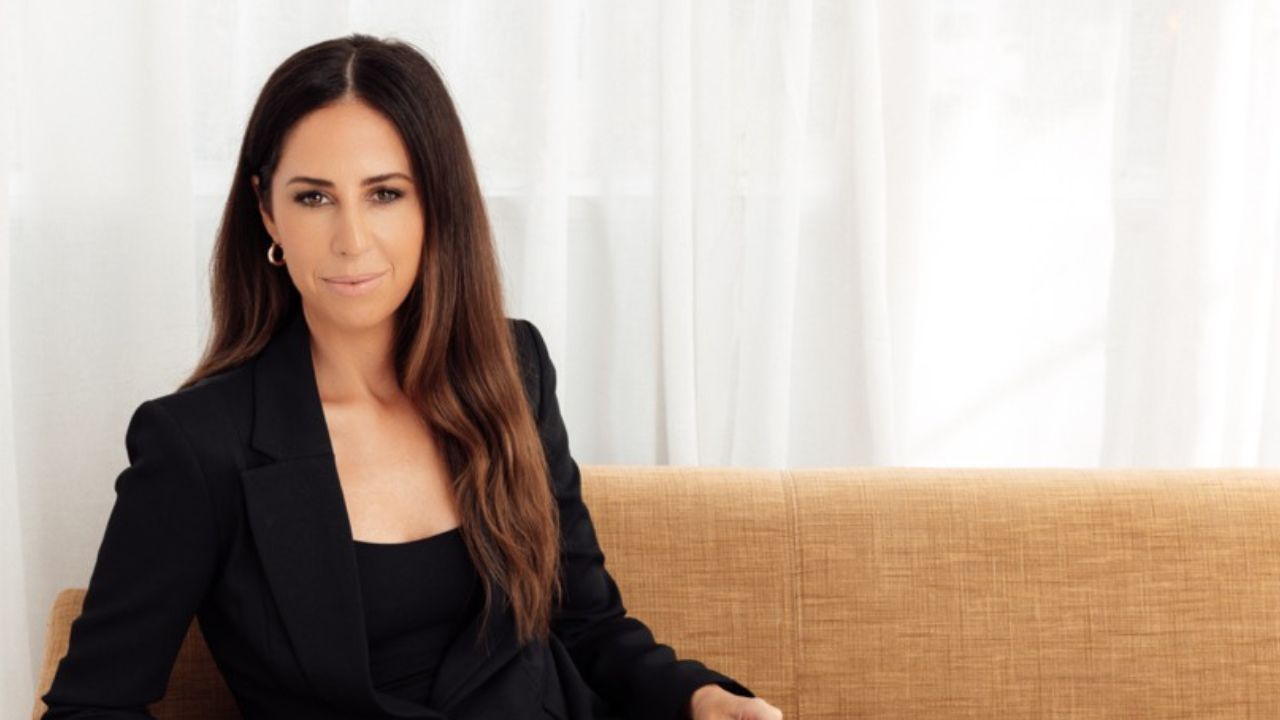7 Ways To Increase ROAS Without Spending More on Ads
Jul 19, 2025
SMART AVERAGE ORDER VALUE STRATEGIES
You've launched your digital course, product or service, set up your Meta Ads, and now you’re refreshing your dashboard hoping to see those juicy returns. But instead?
You’re barely breaking even — or worse, watching your ROAS tank.
If you’ve ever thought, “But my ads are working — why aren’t I making more money?”
You’re not alone. And the answer might not be your ads at all.
It’s your Average Order Value (AOV).
WHY AOV IS THE SECRET TO BETTER ROAS
Your ROAS (Return on Ad Spend) is a simple formula: Revenue / Ad Spend.
So, if you’re spending $100 to make $100, your ROAS is 1x — and you’re not profitable.
But if you can turn that same $100 spend into $200 revenue? Your ROAS (and your return) just doubled… without increasing your ad budget.
No matter what you’re selling — whether it’s a $27 mini-course or a $997 flagship program — increasing your AOV can make your ads dramatically more profitable.
That said, it’s especially important for creators running ads to lower-priced products ($27–$97). You simply don’t have the margin to make ads work unless every lead is worth more.
Let’s walk through the smartest ways to boost AOV — and your bottom line.
You can adapt these strategies for all business types.
1. ADD ORDER BUMPS AT CHECKOUT
Order bumps are small, frictionless add-ons shown right at the checkout.
Think: “Add this $17 workbook to your order with one click.”
They’re impulse buys that enhance the original purchase and work because they’re low effort and feel like a no-brainer.
Best used for:
-
Templates
-
Swipe files
-
Audio trainings
-
Checklists or worksheets
Whether you’re selling low or high-ticket, order bumps give you an easy way to increase every sale.
2. USE ONE-CLICK UPSELLS (THE SMART KIND)
Upsells happen after someone checks out. This is the perfect moment to offer a more premium next step.
But it has to feel like a natural progression — not a random money grab.
Examples:
-
After buying a $47 mini-course → upsell a $97 bundle
-
After grabbing a lead magnet → upsell a low-ticket product
-
After enrolling in your core offer → upsell access to 1:1 calls, audits, or a VIP day
Tip: Add urgency with “only available right now” messaging or "special pricing only available now"
3. BUNDLE YOUR OFFERS
If you’ve got 2–3 offers that help with similar outcomes, stack them into a themed bundle.
It instantly increases perceived value and makes decision-making easier.
Try naming your bundle for extra appeal:
-
The Starter Kit
-
The Launch Vault
-
The Visibility Bundle
Make it clear they’re saving big: “Normally $164, grab it today for just $59.”
This works beautifully for low-ticket offers — but it can also boost sales of higher-ticket products by bundling premium bonuses or digital tools.
4. CROSS-SELL LIKE A PRO
After someone buys one thing, they’re primed to buy again — if what you offer next complements their journey.
Example: Bought a course? Offer swipe files or templates that help them take action faster.
A real life example?
I could cross-sell my Search Engine Optimisation (SEO) course after people have done by Meta Ads course.
You can cross-sell:
-
On the thank you page
-
In your confirmation email
-
Through follow-up sequences
- In your course portal
This strategy works across the board — whether your core offer is $47 or $997.
5. TIER YOUR OFFERS
Give people multiple pricing options:
-
Basic
-
Pro (best value)
-
VIP
Most people will go for the middle if you position it right — especially if it’s stacked with bonuses.
This not only increases your AOV, but also your conversion rate.
Tiers work especially well for higher-ticket creators who want to increase premium purchases without discounting — but they’re also great for low-ticket funnels to introduce price anchoring.
Price anchoring is a technique where you show a higher-priced option first to make your mid-tier or lower-tier offers feel like a better deal by comparison. It helps shape how your audience perceives value — and nudges them toward the option you want them to choose.
6. ADD DOWNSELLS TO CATCH THE "MAYBES"
If someone says no to your upsell, offer them a downsell: a stripped-back version at a lower price.
You’ll recover revenue that would’ve been lost entirely.
Example: Didn’t grab the full $97 upsell? Offer the templates only for $37.
This is particularly valuable in low-ticket funnels where every dollar counts — but downsells can also serve as entry points to nurture higher-ticket sales later.
7. N.U.M.P.T. IT UP (MENTAL PRICING TRIGGERS)
The acronym stands for Nudges Using Mental Pricing Triggers.
Use buyer psychology to increase perceived value and drive urgency:
-
Anchoring: Show a higher “Compare at” price to set a value reference point.
Scarcity/Urgency: “Only 50 spots” or “Offer ends in 20 mins”
-
Fast-action bonuses: Extra goodies if they buy now e.g., while I'm live on the masterclass
-
Price bracketing: Present 3-tier pricing — a low, mid, and high option — to guide buyers toward the mid-tier (which feels like the best value).
Quick Note: Anchoring and bracketing are often used together but serve different purposes. Anchoring sets a price reference to increase perceived value, while bracketing uses structured tiers to influence which option someone chooses.
These subtle shifts can massively impact how much someone is willing to spend — whether your offer is $29 or $2,000.
FINAL THOUGHT
If your Meta Ads are bringing in sales — but you're not profitable — your funnel likely doesn’t have enough AOV boosters built in.
You don’t need to spend more to increase your ROAS. You just need to make every customer worth more.
👉 Want to see exactly how your high-converting competitors structure their offers and ads to 2x–5x their ROAS?
Grab my free SPY guide: How To Spy On Your Competitors Meta Ads So You Can Create Even Better Ones.
Use the inspiration from your research to go from break even… to a wildly profitable digital product sellers.
Let your funnel do the heavy lifting. You’ve already paid for the click — now it’s time to increase what it’s worth.








